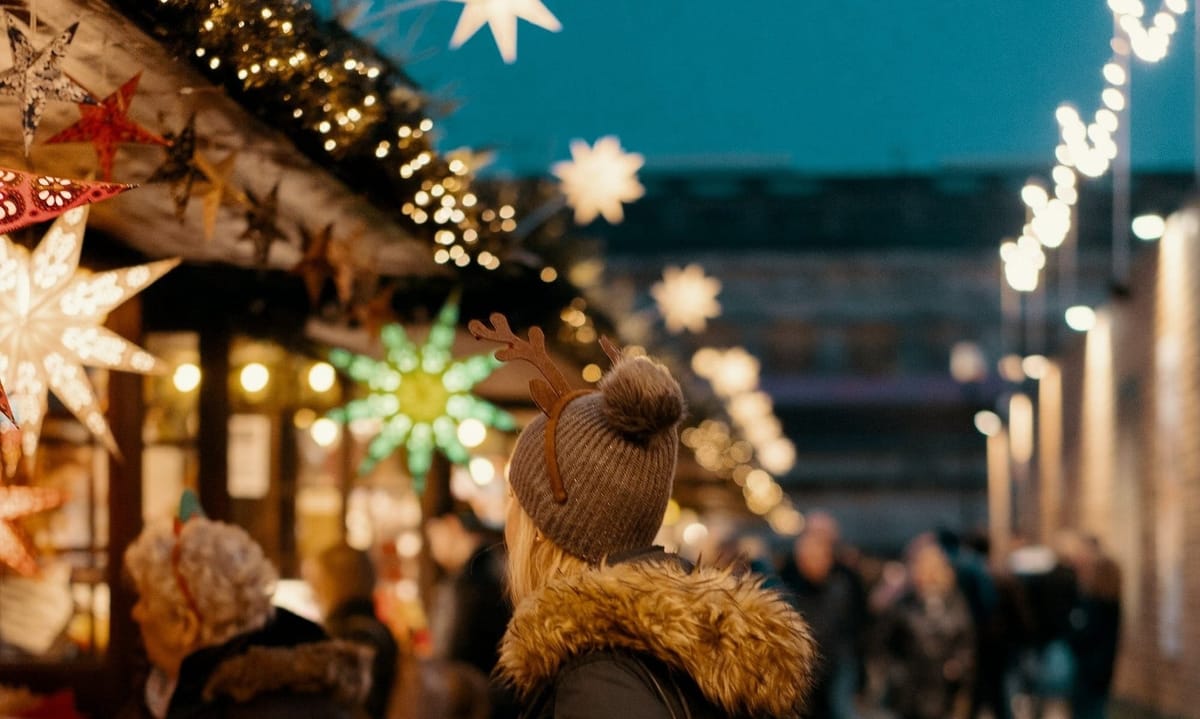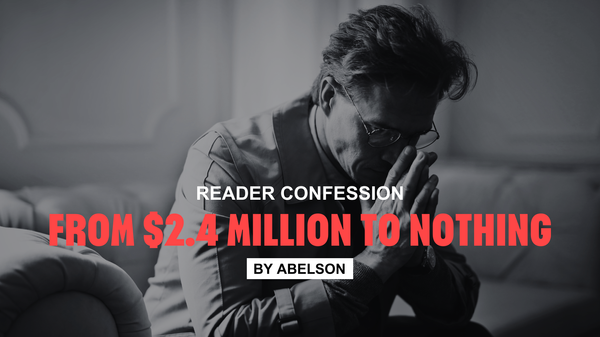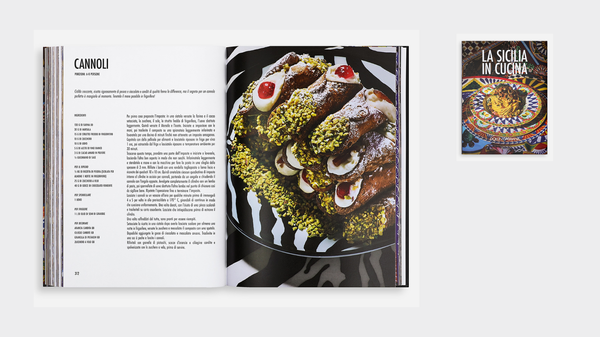How to Make the Most of Europe’s Christmas Markets
Europe's Christmas markets blend festive magic with cultural heritage. Plan wisely to navigate their unique traditions, timings, and vibrant celebrations.

Europe’s Christmas markets are a time-honoured tradition that captures the magic of the holiday season, blending vibrant festivities with cultural heritage. From the grand markets of Vienna to the intimate stalls of Copenhagen, these experiences offer an enchanting mix of crafts, cuisine, and celebration. But navigating the intricacies of these markets, from timing to traditions, requires thoughtful planning.
Plan Your Visit Wisely
Timing is essential when visiting Christmas markets in Europe. "Many Christmas markets in Austria and Germany close just before or just after Christmas," explains Charlie Neville, CMO at JayWay Travel. "Don’t expect to find markets beyond the 26th at the latest, and many close as early as the 23rd or 24th." This makes pre-Christmas visits crucial for travellers who want to experience these markets at their peak.

For those travelling later, Neville suggests exploring countries like Czechia or Hungary. Prague and Budapest often host markets that extend into the week after Christmas, offering a chance to revel in the holiday spirit even after December 25th. If you’re eager to start early, German and Austrian markets typically open around November 25th, allowing for a longer festive season.
Luxury Accommodations Near Iconic Markets
Combining market visits with exceptional accommodations can create a memorable holiday experience. Germany and Denmark, in particular, offer world-class options that enhance the magic of the season.
Schloss Elmau, Bavaria
Nestled in the Bavarian Alps, Schloss Elmau provides a tranquil retreat with easy access to charming markets in Garmisch-Partenkirchen and Mittenwald. Known for its luxurious spa and gourmet dining, the hotel is a haven of relaxation after a day spent wandering the festive stalls. The juxtaposition of serene mountain views and bustling market squares encapsulates the best of Bavaria during the holiday season.

Hotel Adlon Kempinski, Berlin
The Hotel Adlon Kempinski offers a front-row seat to Berlin’s celebrated Christmas markets, including the historic Gendarmenmarkt. This market, famous for its artisanal crafts and gourmet food, lies just steps away from the opulent hotel. After exploring the stalls, retreat to the Adlon for refined dining or a warm drink in its iconic lounge, steeped in Berlin’s rich history.

Hotel d’Angleterre, Copenhagen
Copenhagen’s Tivoli Gardens and Nyhavn Harbor markets are highlights of Denmark’s holiday season. The d’Angleterre, with its grand festive decorations and luxurious charm, is the perfect base for exploring the city. Its holiday-themed dining and cosy atmosphere epitomise the Danish concept of “hygge,” making it an ideal spot to embrace the season.

Venture Beyond the Crowds
While the central markets in major cities offer iconic backdrops and Instagram-worthy moments, Neville recommends exploring smaller, less touristy markets. In Munich, for instance, the Haidhausen neighbourhood hosts a local market that exudes authentic Bavarian charm without the overwhelming crowds. These off-the-beaten-path options often provide a more intimate connection to local traditions.
Consider the Practicalities
Travelling during the Christmas period requires careful preparation. Many businesses close early on Christmas Eve, as it is often the main day for family celebrations and gift-giving in Central Europe. “Shops and restaurants close from midday on the 24th, so plan ahead for meals and activities,” advises Neville. Booking accommodations, restaurants, and transport well in advance is essential for ensuring a stress-free holiday experience.
Festive Experiences in Unexpected Places
For a unique twist on holiday celebrations, consider festive brunches at upscale hotels. Many luxury chains, including those in Berlin, Vienna, and London, host Christmas-themed brunches during the weekends leading up to the holidays. These events provide a sophisticated way to get into the festive spirit and offer a taste of local culinary traditions in a lavish setting.

In London, the Go City London Pass is a fantastic way to combine Christmas market visits with other iconic attractions. From Winter Wonderland in Hyde Park to Southbank’s riverside stalls, the pass allows access to landmarks like the Tower of London and St. Paul’s Cathedral, making it easy to blend festive cheer with cultural exploration.
Cultural Context and Traditions
Understanding local customs adds depth to any Christmas market visit. In Austria and Germany, Advent traditions are central to the experience, with stalls selling everything from handcrafted ornaments to Glühwein (mulled wine). In Copenhagen, markets emphasise cosiness and sustainability, with stalls lit by candlelight and offering handmade crafts.

Meanwhile, in Central Europe, the evening of December 24th is the focal point of Christmas celebrations. Families gather for festive dinners and exchange gifts, leaving markets and shops closed early. Embracing these traditions, rather than viewing them as inconveniences, can deepen your appreciation of the local culture.
A Festive Blend of Old and New
Visiting Europe’s Christmas markets is more than a shopping excursion—it’s a celebration of heritage, community, and seasonal joy. From the grandeur of Berlin’s Gendarmenmarkt to the warmth of Copenhagen’s Tivoli Gardens, these markets offer a window into the soul of the holiday season. By blending careful planning with a willingness to explore lesser-known destinations, you can craft a holiday experience filled with magic and memories.

For those seeking a tailored approach, companies like JayWay Travel can help design itineraries that navigate the complexities of market schedules, cultural nuances, and hidden gems. Whether your journey takes you to the bustling markets of Vienna or the serene squares of Bavaria, Europe’s Christmas markets promise an unforgettable adventure filled with cheer, charm, and tradition.





